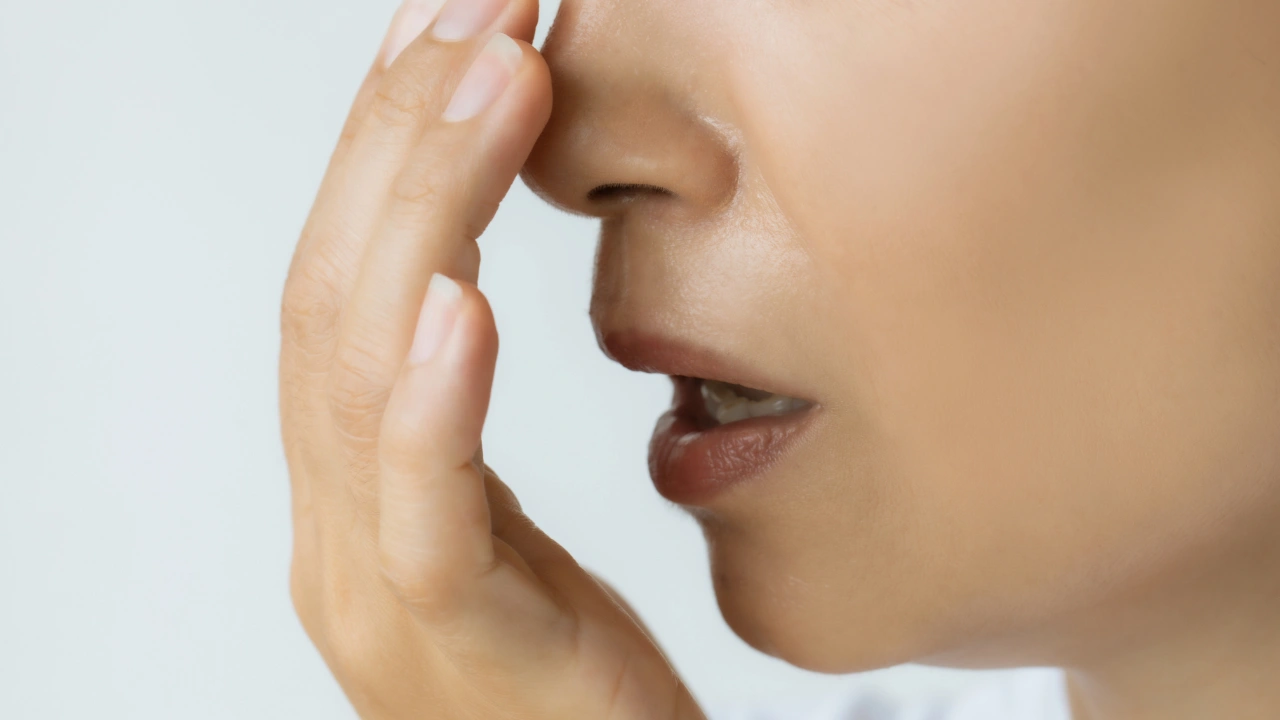We’ve all been there—midway through a conversation, suddenly wondering, “Wait… does my breath smell?” It’s a common worry, but the good news is that keeping your breath fresh all day long isn’t as hard as you might think. With just a few simple habits and a little know-how, you can confidently flash that smile without a second thought.
Let’s dive into some easy and effective ways to maintain fresh breath from morning to night.
Table of Contents
1. Prioritize Your Oral Hygiene
This one’s a no-brainer, but it’s worth emphasizing! Brushing your teeth at least twice a day (morning and night) and flossing once a day are your first lines of defense against bad breath. Plaque buildup and food particles create the perfect environment for odor-causing bacteria, so staying on top of your dental routine is key.
Tip: Brush your tongue too! Your tongue harbors bacteria that contribute to bad breath, so give it a good scrub with your toothbrush or a tongue scraper.
2. Stay Hydrated
A dry mouth is a breeding ground for bad breath. Saliva helps wash away bacteria, so keeping your mouth moist is essential. Drink plenty of water throughout the day to help flush out odor-causing particles and keep your mouth feeling fresh.
Bonus: Chewing sugar-free gum or sucking on sugar-free mints can also stimulate saliva production if your mouth feels dry.
3. Watch Your Diet
Certain foods are notorious for causing bad breath (hello, garlic and onions!). While you don’t have to avoid them completely, be mindful of what you eat—especially before social events. Eating fresh, crunchy fruits and vegetables like apples, carrots, and celery can help clean your teeth and freshen your breath naturally.
Pro tip: Herbs like parsley and mint contain natural deodorizing properties, so chewing on a fresh sprig can help neutralize odors.
4. Don’t Skip the Mouthwash
Mouthwash is a great way to kill bacteria and leave your breath feeling extra fresh. Opt for an alcohol-free mouthwash to prevent dry mouth, and look for options that contain antibacterial ingredients like chlorhexidine or cetylpyridinium chloride.
DIY Option: A simple rinse with water and baking soda can help neutralize odors if you’re in a pinch.
5. Keep Your Dental Appointments
Regular dental check-ups and cleanings (at least twice a year) help remove plaque and tartar that brushing and flossing might miss. Plus, your dentist can catch any underlying issues—like cavities or gum disease—that might be contributing to bad breath.
6. Be Mindful of Underlying Causes
Sometimes, chronic bad breath (halitosis) isn’t just about what you eat or how well you brush—it can be a sign of an underlying health issue. Conditions like acid reflux, sinus infections, or even certain medications can contribute to persistent bad breath. If you’re doing everything right but still struggling, it might be worth checking in with your doctor or dentist.
7. Freshen Up On-the-Go
If you’re out and about and need a quick fix, keep a small kit with sugar-free mints, gum, or a travel-sized mouthwash in your bag or desk. A quick rinse, chew, or swish can make a big difference when you need a fast refresh.
Conclusion
Keeping your breath fresh all day long is all about consistency and a little bit of planning. With good oral hygiene, plenty of water, mindful eating, and a few quick fixes on hand, you’ll never have to worry about bad breath cramping your style. So go ahead—speak up, laugh out loud, and enjoy every conversation with confidence!






